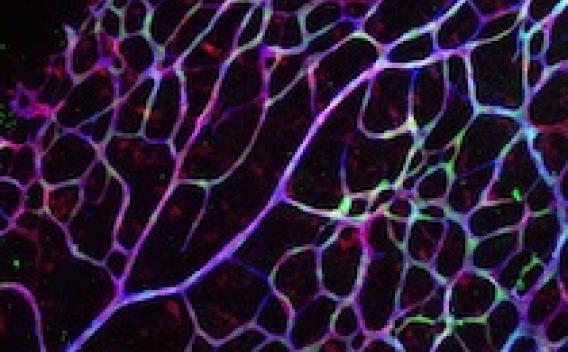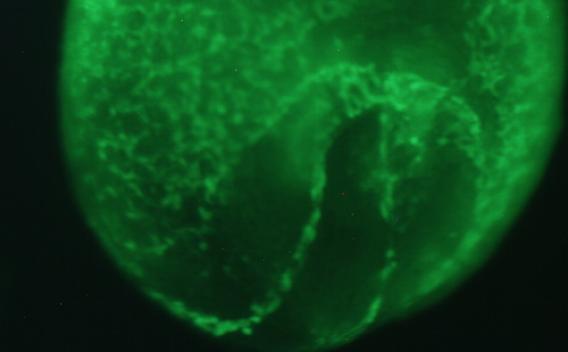We are interested in basic cellular and molecular mechanisms driving early blood vessel formation. We aim to study this process in the developing embryo, as well as in engineered and regenerating tissues.
The cardiovascular system is the first functional organ formed during development, arising long before other organs and tissues. Abnormalities in the assembly or function of the heart and blood vessels almost invariably lead to fetal lethality, although they are also the basis for many congenital abnormalities. Cardiovascular function is critical to the survival of higher organisms because every cell must receive nutrition and eliminate wastes via the blood.
Studies show that cells in all organs and tissues are located within 100-200 µm of an endothelial-lined vessel, which represents the diffusion limit for oxygen, otherwise they starve or become hypoxic. Therefore, endothelial cells together with other cardiovascular cell types, such as heart muscle and blood, are critical cell types in the developing embryo.
We are interested in many aspects of blood vessel formation, including:
- Vasculogenesis (de novo aggregation of vascular progenitors called angioblasts),
- Tubulogenesis (changes in cell polarity and adhesion that result in the formation of the central lumen),
- Angiogenesis (sprouting or remodeling of existing vessels),
- Patterning (how cues in the environment dictate localization of forming vessels), and
- Maintenance of functional endothelium.

